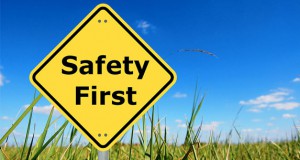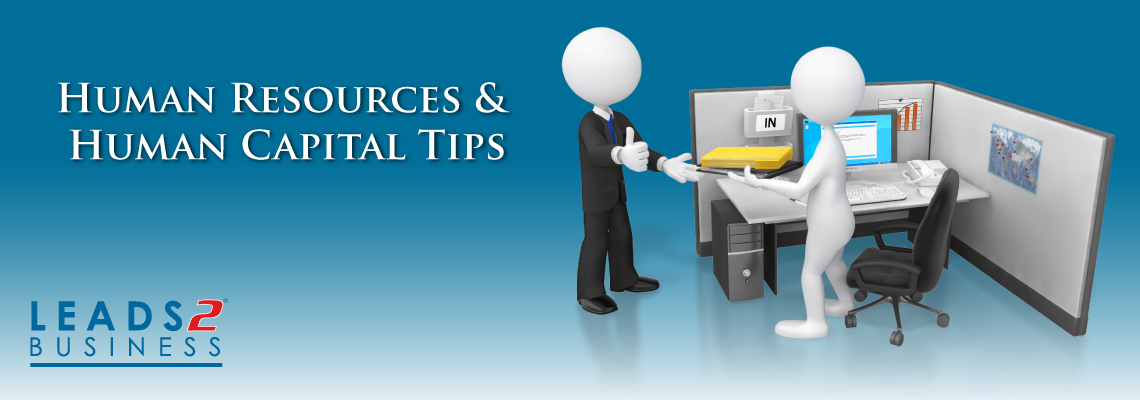Crime in South Africa, like many other places in today’s world, can be a problem. Despite some negative perceptions about crime in South Africa, it’s generally safe & friendly, all you need to do is take sensible precautions & follow some general rules in order to stay safe.
Personal Safety Tips
- Be aware of your surroundings
- Avoid unfamiliar areas & walking alone
- Avoid wearing/displaying valuables & large amounts of money
- Take ATM Safety precautions
- If you travel inform someone of your destination
- Ensure that you know relevant emergency numbers
- In a robbery situation, remain calm & do not resist
- Take a self defense course
- Don’t leave animals in the car
- Trust your instincts at all times
Home Safety
- Fencing & Gates
- Alarm, CCTV & Intercom Systems
- Dogs
- Security Lighting
- Ensure gates are locked at all times & keys/access devices are in a designated area
Vehicle Safety
- Keep doors locked & windows closed
- Do not leave valuables locked in the car
- Park in well-lit places
- If something seems suspicious, rather drive away
- Vary the routes that you take & do not give strangers a lift
- Ensure you have sufficient petrol
- If you are in a road accident, drive to the nearest police station
- Have your keys ready before approaching your vehicle
- If you feel you are being followed, rather drive to the nearest police station
Safety Tips Unique to SA:
- Look out for potholes
- Beware of animals on the road & other native creepies and crawlies
- Swimming in rivers can be dangerous due to hippos, crocodiles & bull sharks
- Take Malaria precautions (repellents, nets)
- Take Tick precautions (to prevent tick-bite fever)
- Avoid drinking water from Rivers (Bilharzia & Cholera)
- Sun protection (even on a cloudy day)
- Beware of Remote Jamming
- Beware of Taxi’s while driving/ walking
- Keep updated on Load-shedding Schedules & take pro-active measures
Although it seems like you’ve just been handed a mountain of Safety Tips they are not there to prevent you from enjoying life. Keep them in mind & make them part of your daily routine & they will become effective habits before you know it.
Think of it like Dr George Cui, “Safety First, Then Healthy, then Happy, then Wealthy.”
P.S. Please add your Safety Tips in the comments section below.
Further Reading:
https://www.travelground.com/blog/10-ridiculous-commonly-asked-questions-south-africa/
About Sasha Anderson
Millennial Mom + wife living the hash-tag life. Remember: If You Fail - Fail Forward
- Web |
- More Posts(258)










